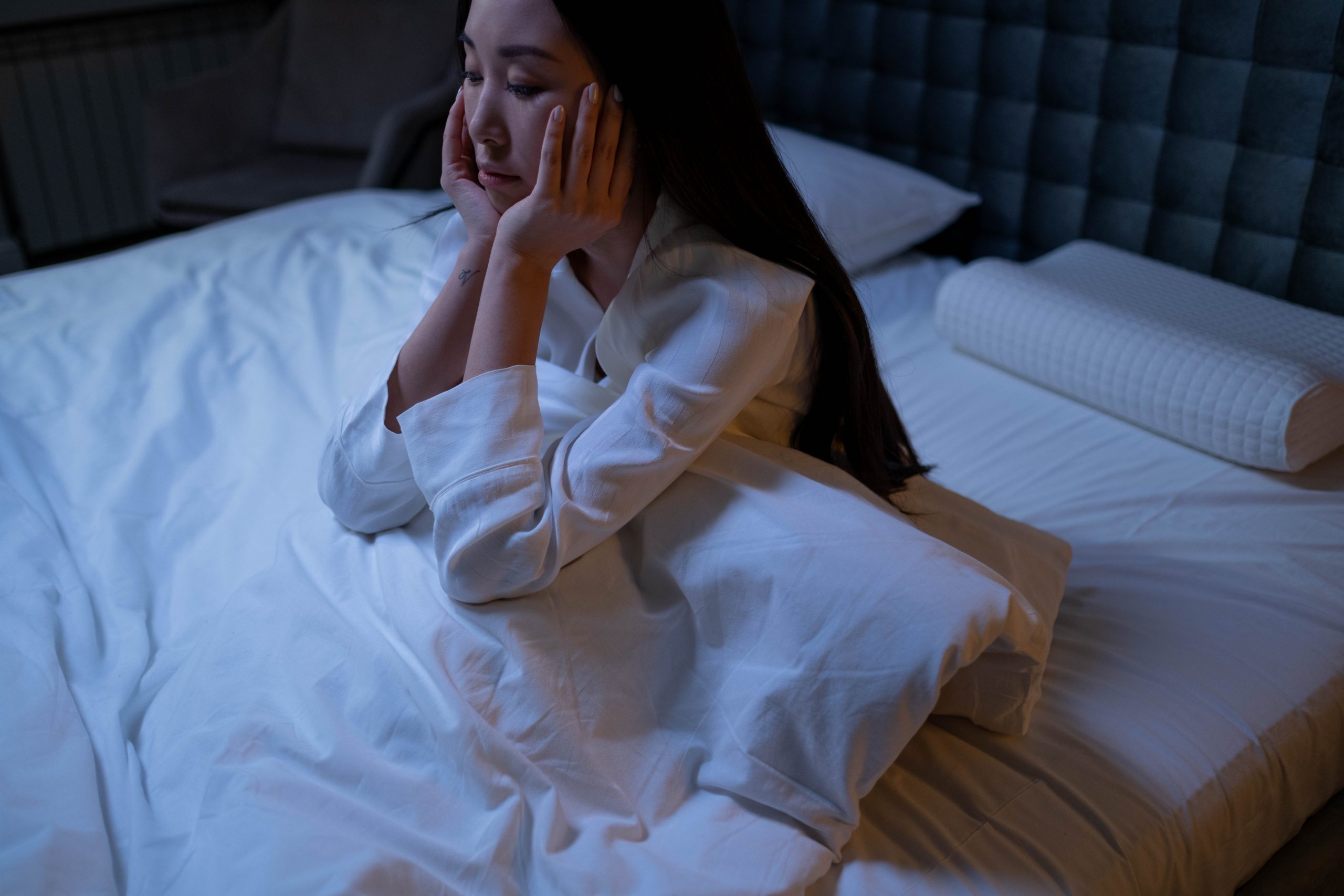Everyone in their life has found it hard to sleep, and insomnia is one of the most common sleep disturbances.
Approximately 10-15% of UK adults suffer from chronic insomnia which is often caused by long-term feelings of stress, anxiety, and depression. Insomnia can even have long-lasting impacts at work, affecting overall productivity while carrying out important tasks, and lead to long-term sick leave.
People with insomnia are likely to find that they need more time to process and react to information and have difficulty with complex thinking tasks, like problem solving. Irritability and other issues with their mood, and difficulties interacting and maintaining relationships can also occur.
However, for many people, they are not aware that they have a disorder and that treatment can help.
How can you support an employee with Insomnia
Create an open culture and supportive environment for people to talk about their mental health. If insomnia is impacting someone’s ability to do their role effectively, approach the person in a considered way and ask them about how they feel.
The use of a Mental Health First Aider can also be a bridge of communication between you and your employee, if you are unsure about how to address Insomnia in the workplace. With a peer-to-peer network of support within your organisation, employees can rest assured and feel more comfortable to discuss any issues they may have, like underperformance at work due to a lack of sleep.
Raise awareness of insomnia in the workplace and provide basic information about the signs and symptoms and how treatment can help.
As an organisation, you could look to implement flexible working and reduced work loads, especially for those employees on shift work, and be clear about the expectations of the employee and their hours of work. This can help with overworking and provide a better work life balance for employees.
Some helpful coping mechanisms for people with insomnia
Keep tabs on when you go to sleep – choose a time where your body feels most tired at night and try to wake up at the same time every day.
Make sure your bed is comfortable for you to sleep in, and that your sleeping environment is as clean and quiet as possible.
Exercise regularly – having a moderate routine for exercising (can be as little as a daily walk) can help you sleep easy for the night.
Cut down on caffeine drinks and alcohol consumption at night – both beverages can affect sleeping patterns.
How CBT can help with Insomnia
CBT is a talking therapy and is a proven way of helping people to cope with stress and emotional problems. It helps individuals look at the connections between how they think, feel, and behave and particularly concentrates on ideas that are unrealistic.
These feelings often undermine one’s self-confidence and can lead to anxiety and depression. However, looking at these unrealistic ideas can help people work out different ways of thinking and behaving that in turn will help them manage their feelings and thoughts.
In the case of insomnia, CBT will help address sleeping patterns and habits that can form before and after sleep, as well as the causes of chronic insomnia.









